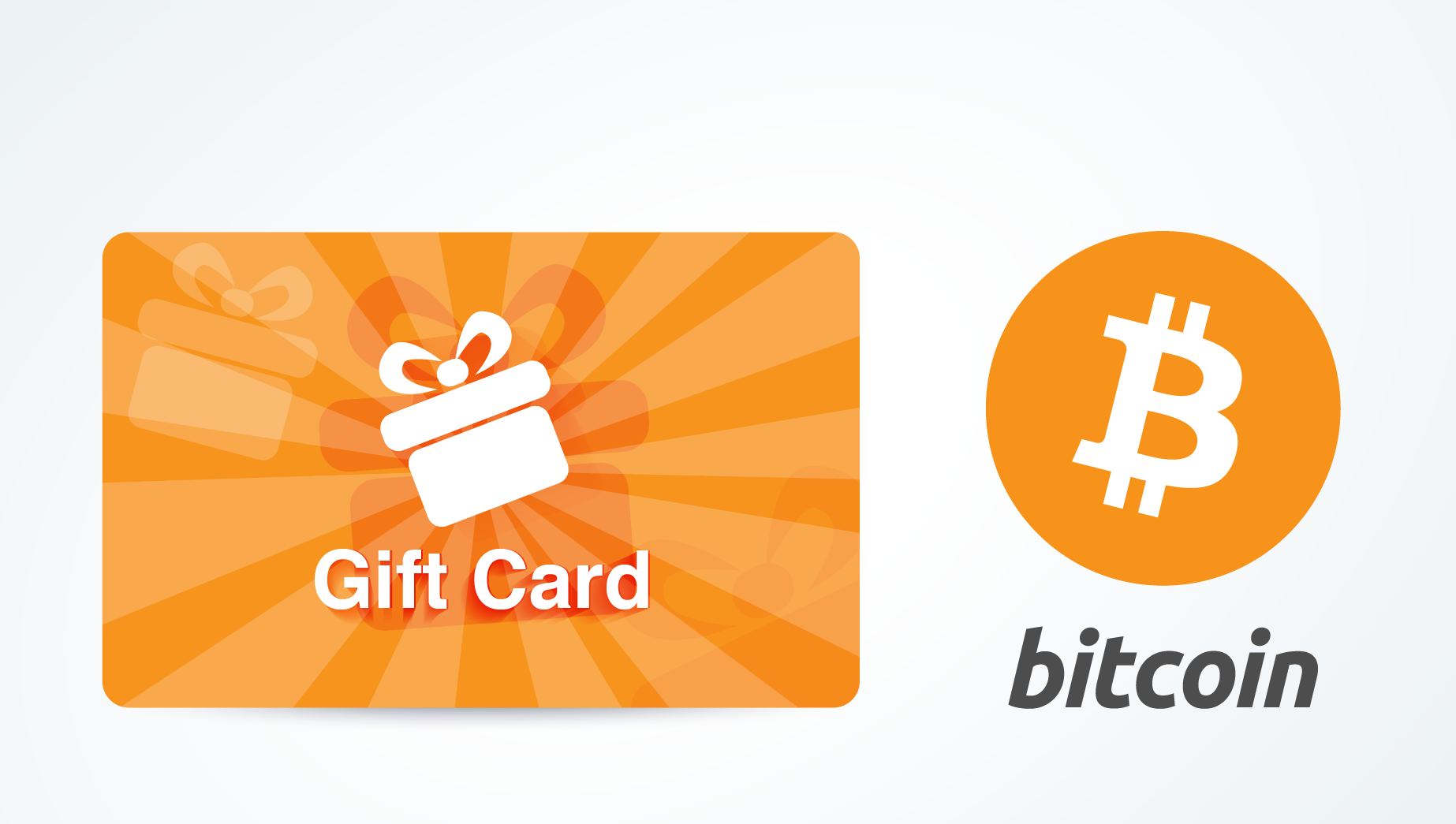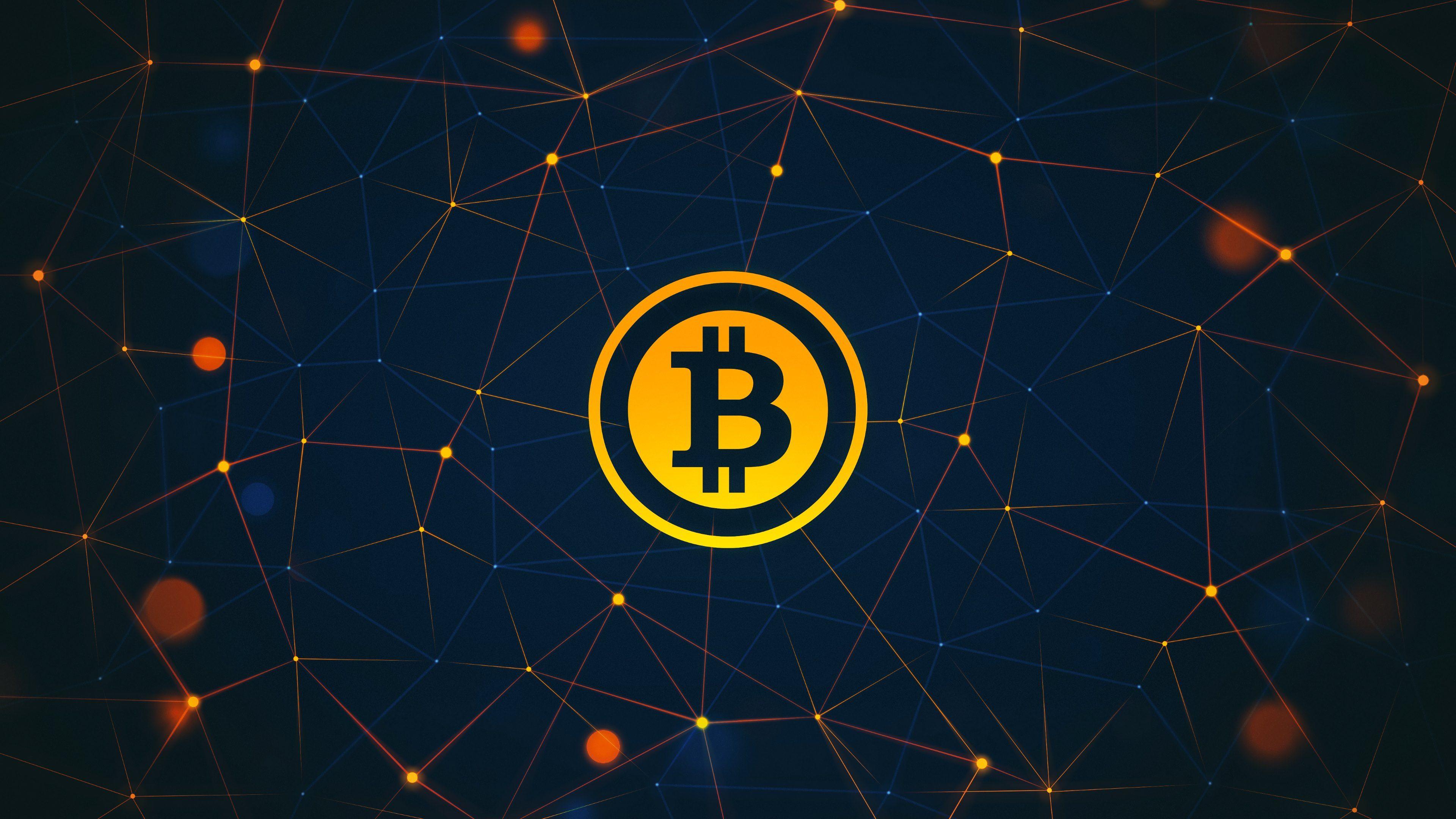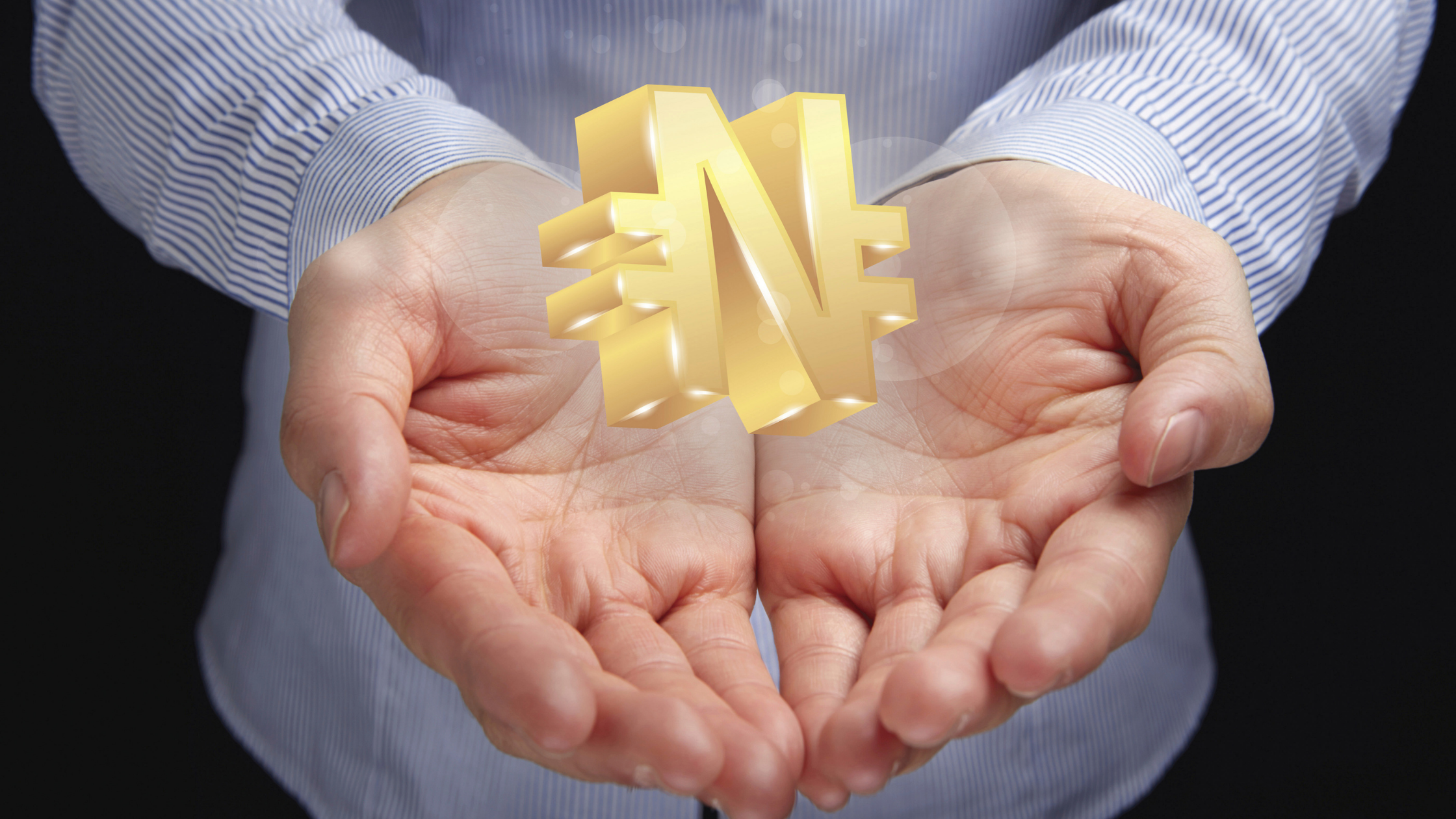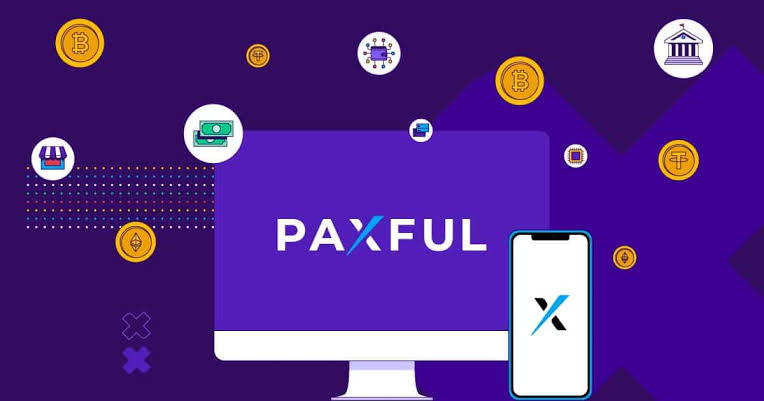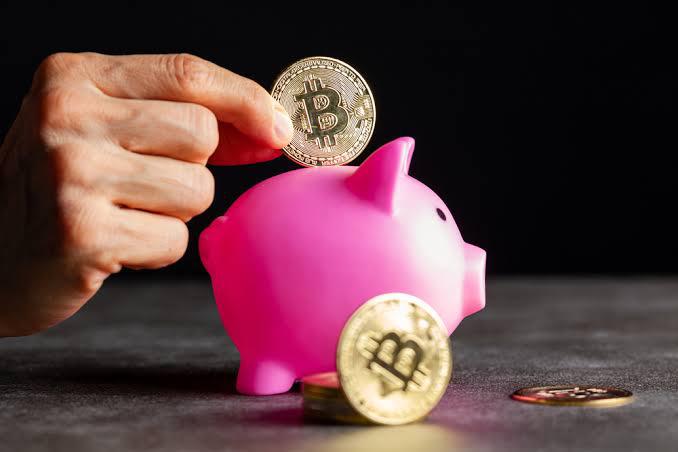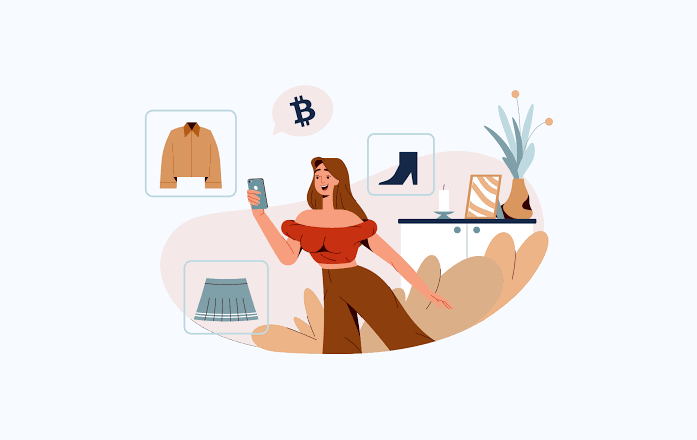Nigeria decided she was ready to join the rest of the world when she announced a few months back that she would release her own digital currency. As against the proposed date of October 1st, 2021, the release date came fashionably late on the 25th of October, 2021 instead.
So far so good, like we promised, we have gathered as much information about the currency, including the reviews from our very own Nigerians.
About The eNaira
The eNaira is a digital equivalent of the Nigerian Central Bank's paper naira. The digital currency, which will play a strictly complimentary role to the naira, will have the same value as actual cash that we use in our daily lives.
The eNaira, contrary to popular belief, is not a cryptocurrency like Bitcoin, Ethereum, Dogecoin, or any other. It isn't decentralized and can't be controlled privately like cryptocurrency. The eNaira, like similar currencies, is based on blockchain open ledger technology, which ensures that a CBDC holder cannot have a duplicate or counterfeit eNaira note because each eNaira note will be unique.
Another concern that comes to mind is the stability of the eNaira. When it comes to the eNaira, people want to know if it is a stable coin. Keep in mind that a stablecoin is a cryptocurrency backed by reserves, which are currencies or other assets, such as gold. They are easily transferable and can be used to balance transactions and payments anywhere in the globe - think of the US dollar and the USDT as an example.
Stablecoins refer to cryptocurrencies that seek to attach their market value to some external reference. The USDT, for example, is tied to the US dollar fiat currency, and maintains a stable exchange value. The eNaira is technically linked to the FIAT naira, which isn't always reliable, as we all know from personal experience. The eNaira must be linked to a globally stable currency, such as the US dollar or the euro, in order to be stable.
The eNaira is designed for all whether you are an individual, consumer, merchant, government ministry, departments and agencies, licensed financial institutions, and even the central bank itself.
Using the eNaira for transactions
Imagine you want to send N100 to your aged mother in one remote village where there are no bank branches. A common process is to buy a recharge card of the same value, text to her mobile phone, after which she goes to any phone card retailer and exchanges her N100 credit for N95 in cash. Rather than go through all that, you only need to debit your bank account for N100, convert it to eNaira, and transfer it to your mother. Having received the money, she can spend it directly from her phone or exchange it for cash. To enjoy this service, you need to have an eNaira wallet into which you store and use your digital currency.
In the case of a person-to-person transaction, holders of the eNaira wallet can easily transfer eNaira to another holder. In a simple process, it is possible to credit your eNaira wallet from your account within the same bank or a different bank account. While you cannot cash out from eNaira to physical cash, you can do so from your eNaira wallet to your cash within the same bank or another account in a different bank.
The same straightforward process applies also when making person-to-merchant payments, government-to-citizen, or citizen-to-government payments. With the e-Naira, you can make or receive salary payments, and payments for goods and services can be concluded.
Reviews
What is the difference between eNaira and FIAT naira in your bank application?
It has a low-cost advantage in comparison to FIAT. For example, traders will pay no fees for withdrawals and deposits to and from their bank account, and to transfer Naira to other eNaira wallet holders. In line with Nigeria’s financial inclusion agenda, millions of Nigerians without bank accounts will be able to use the e-Naira. These individuals, who were previously unable to use financial services in their full capacity, will be welcomed into the official financial market.
Artisans including plumbers, tailors, carpenters and fashion designers can accept payments on their phones, store them in their wallets, and make transactions with any vendor or customer.
Would the eNaira be able to do cross-border transactions?
Word around town is that the eNaira would be upgraded, and when this is done, it will allow for cross-border transactions. This only means that eNaira can be used by any two-party actors who can credit a Nigerian banking institution with corresponding currency. For example, a trader banking with UBA in Kenya can settle his import bills from the Democratic Republic of Congo using e-Naira. On the other hand, Nigerians in diaspora can send funds to friends or relatives through international money transfer organisations who will buy eNaira from their corresponding Nigerian banks.
Should I use the eNaira?
Before you make that decision, reports have it that the eNaira speed wallet pulled a disappearing act from the Google Play Store barely 48 hours after its launch. Although, it is back and free for download now on Apple and Playstore with over 10,000 downloads.
Some users have also complained about poor user experience, and a number of others are pretty distrustful of the terms, conditions, and disclaimer notice given by the CBN.
-
So there you have it! What else do you know about the eNaira? Have you tried to navigate the wallet yet? And send or receive money? Time would tell how sustainable the new currency is going to be, but what do you think right now? Engage us with your opinion in the comment section, and thanks for reading!
Nigeria decided she was ready to join the rest of the world when she announced a few months back that she would release her own digital currency. So far so good, like we promised, we have gathered as much information about the currency, including the reviews from our very own Nigerians.

